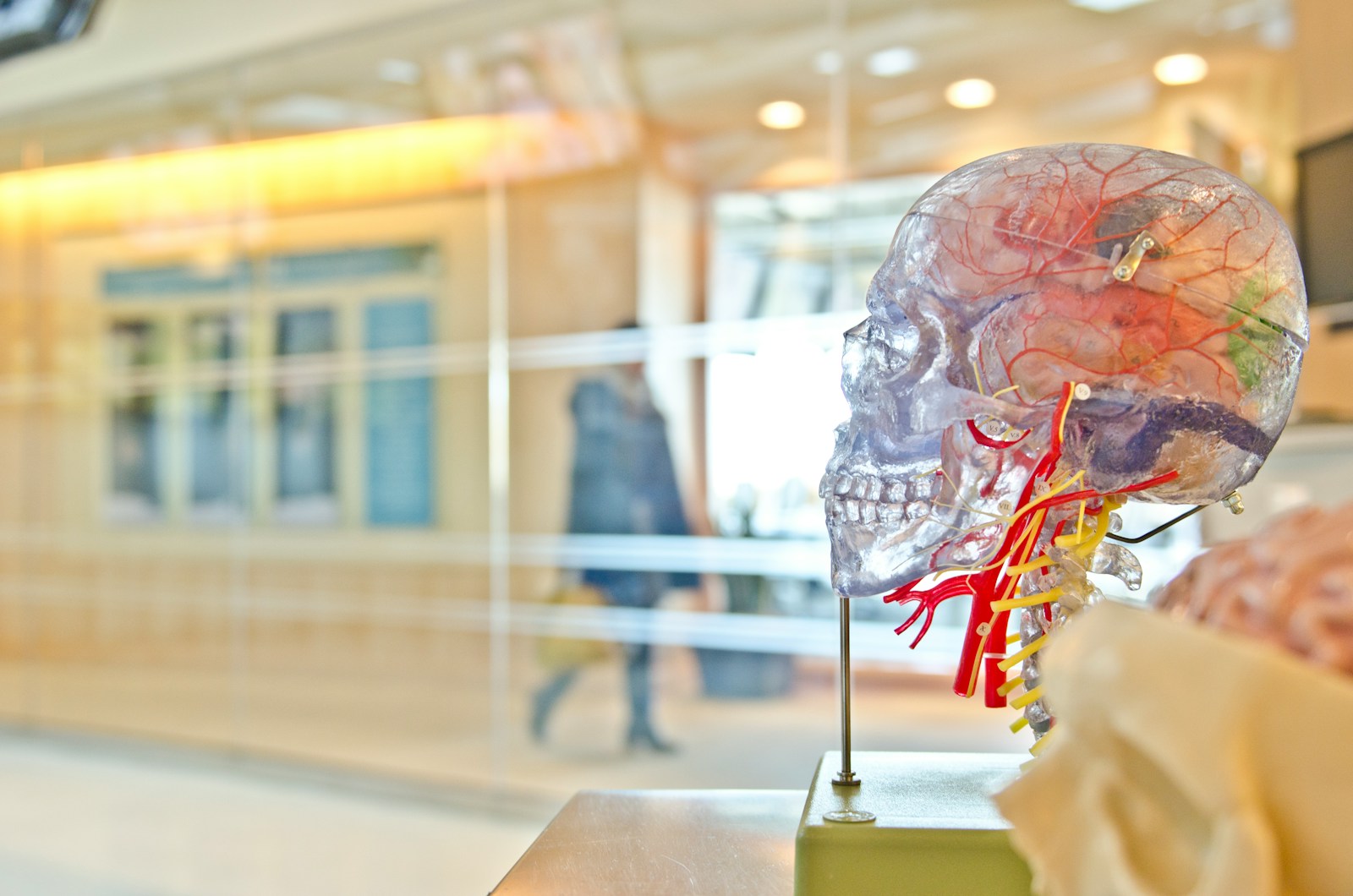Brains are amazing organs, impossibly complex, and incredibly adaptable. Unfortunately, they become older, like all the organs of the body, and start to work less effectively. The good news is there is plenty of ways to stimulate the brain and keep it healthy as we move into later life.

Mental Stimulation
Research shows that the brain has plasticity meaning that it can change and adapt to its internal and external environment. The brain is very adaptable, and repeated actions turn into strong neural pathways that can be sustained for years. Other ones disappear when they are not used.
The plasticity of the brain is very useful when it comes to keeping your brain healthy as you age. If you want to maintain quality brain function as you get older, you need to make sure you are stimulating the pathways correctly. Try crossword puzzles, brain training apps, and reading.
Physical Exercise
There is no bad age to start exercising; in fact, exercise is one of the best things for aging animals and people. There is a close connection between the brain and the body, a connection that is somewhat lost when we stop exercising and become sedentary, according to Dr. David Zagzag.
Exercising spurs the development of tiny nerve cells and blood vessels that carry information and oxygen-rich blood to the brain. As well as improving cognitive function as we get older, physical exercise helps to reduce cholesterol, lower blood pressure, and reduce mental stress.
Practice Mindfulness
Getting older can be stressful; people no longer have the same functionality as before, and it can become mentally challenging. Mindfulness can help. Mindfulness is easy to learn and practice; it can be practiced easily by bringing attention to the breathing and feeling sensations in the body.
When people become older, they start to ruminate about the past and worry about the future; both of these actions lead to stress, but mindfulness trains the mind to focus on the present moment and appreciate its fullness and beauty, helping older people to manage their stresses.
Stay Social
Studies show that happy people are social people. When we socialize, chemicals like oxytocin are released in the brain, making us feel happy and connected. Staying social is an excellent way to maintain health and wellbeing into old age and maintain better brain function for longer.
There are several ways someone can stay social in older age. If they can no longer travel, there are digital solutions; they might be able to join a community or group that meets up online where they can connect with like-minded people. Again, this stimulates the brain in the right ways.
Read and Think
Technology might be advancing all the time, but there is still a lot to be said about the traditions of reading and thinking. Reading helps to stimulate the brain and create strong neurological pathways that support other functions. Additionally, thinking and challenging the brain encourages curiosity and stimulation. A book group is a perfect way to support your brain.


